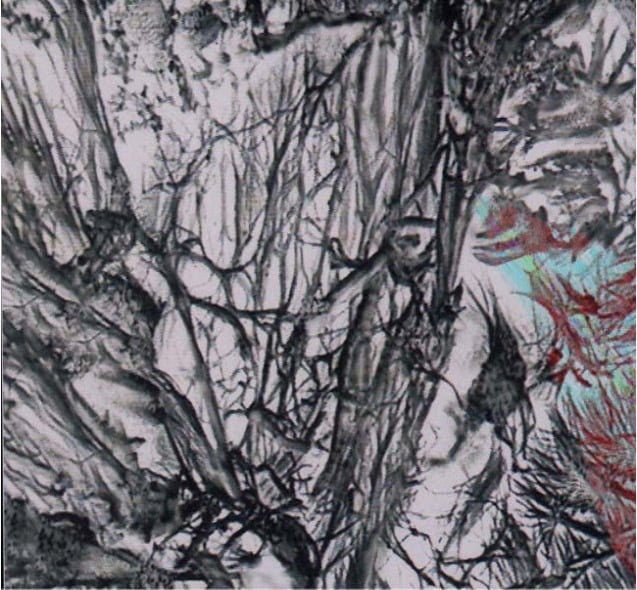Collagen Peptide Supplementation.
Collagen is a protein taking the form of elongated fibrils found in abundance in the extracellular matrix (ECM). Each type of collagen is made up of three alpha chains based on regular arrangements of the amino acids glycine, proline, hydroxyproline and hydroxylysine, with a glycine residue at every third position. Collagen may be considered a glycoprotein because some of its hydroxylysine residues are covalently bonded (glycosidic linkage) to a carbohydrate molecule.
Anabolic processes predominate in collagen during growth and development of the body (as well as in scarring and fibrotic pathologies) but slow at a directly proportional rate as the body ages, leading to fragmentation, disorientation, and increasing rigidity of the fibrils.
This theory is supported by experimental data demonstrating that collagen becomes increasingly insoluble with age. Repairing damaged tissues and the associated formation of new ECM are not the only recognized functions of collagen. It also plays a key role in regeneration processes, taking part in many different cellular functions.
The roles most commonly attributed to collagen in tissue regeneration are those associated with an early and a late action. Collagen and fragments deriving from its breakdown regulate many cellular functions. Of primary importance among these is:
• cellular proliferation and the synthesis,
• differentiation, and migration of a certain number of proteins.
We may thus state that collagen plays a key role in all phases of tissue regeneration. Call today to book your consultation 07747474755.
Dr Małgorzata Lewicka-Kisiel
Face and Neck Surgery Consultant















